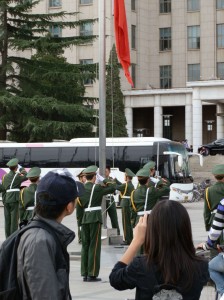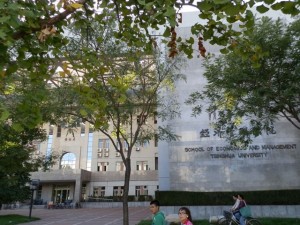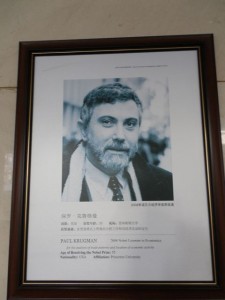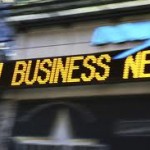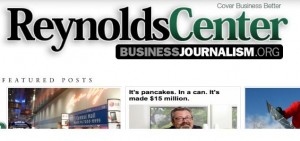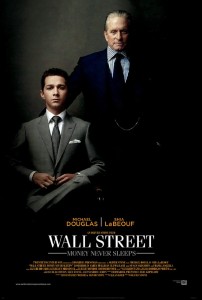Social issues — together with some economic factors — could decide the fate of Team Biden
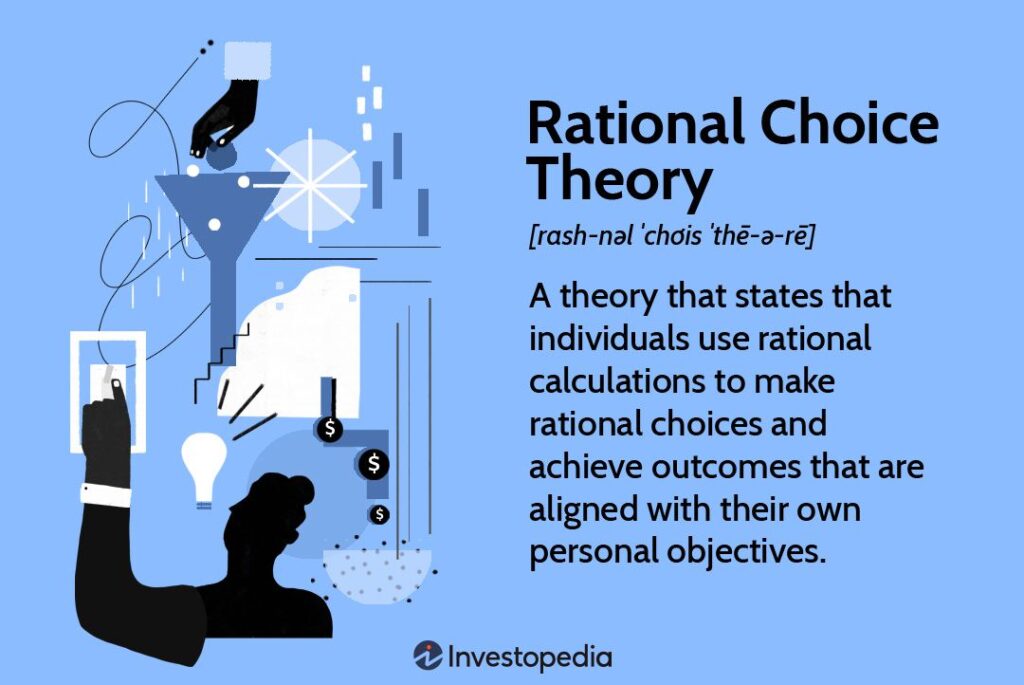
Economics, we were taught in grad school, assumes that people will act rationally and in their self-interest. But do they always? And do they always act on valid information? Beyond that, can other factors outweigh economic ones?
The coming election may test some common economic assumptions. And it may be decided on matters entirely apart from household finances.
By most Big Picture indications, the U.S. economy is faring pretty well. As President Biden has repeatedly noted, the unemployment rate has been below 4% for the last 26 months, the longest such stretch in more than 50 years. That is a stunning contrast to the 14.7% jobless rate of April 2020, when Covid shut down much of the economy.

And, to take a couple more key indicators, wages have grown substantially since January 2021, when Biden took office, with the 12-month moving average of wage gains starting at 3.4% that month and rising to 5.4% in February 2024 (with an uptick a year ago to 6.4%). By contrast, inflation has slipped to a 3.2% annual rate so far this year, down from its annual high of 7% in 2022, and falling well below the gains in pay most workers are enjoying.
Even in manufacturing – a long-declining sector – employment recently has been topping 12.96 million each month, the largest number since the fall of 2008. While still a far cry from the 17.9 million jobs in the sector we saw in 1990, it’s a healthy gain from the 11.4 million of the worst Covid period in early 2020.
But it is also true that we live in a split-screen economy. Behind the big numbers are unsettling realities that many Americans are having trouble coping with, factors that could outweigh the macro achievements that Team Biden points to. As a friend noted, things are pretty good for the upper middle class and above. Below that, not so much.

Mortgage rates and housing prices are too high for many folks to afford homes, for instance. And high prices, coupled with high loan rates, even put cars out of reach for some — certainly the electric cars that the administration is incentivizing.
“Anyone who wants to buy a house or a car faces a double whammy of higher prices and far higher rates,” The Wall Street Journal noted. “Few are even bothering to apply for a mortgage, with applications for loans to buy a home in the past year at their lowest since 1995. Those who have already achieved the American dream are fine, but it’s getting further away for those still reaching for it.”
And, while inflation rates are coming down, the price of groceries isn’t dropping. Sticker-shock at the cash register continues to be the kind of in-your-face reality that American shoppers face regularly. “Average annual food-at-home prices were 5.0 percent higher in 2023 than in 2022. For context, the 20-year historical level of retail food price inflation is 2.5 percent per year,” the USDA reported. “Price growth slowed in 2023 compared with 2022, when food-at-home prices rose by 11.4 percent.”

Such inflation, it has been said, had a lot to do with turning Jimmy Carter and Gerald Ford into one-term presidents. While the average inflation rate under Biden has been far lower than the others experienced (9.9% on average under Carter and 8% for Ford), Biden’s 5.7% average rate so far has him tied with the rate that obsessed Richard Nixon in his day – hardly a welcome comparison for Team Biden.
And inflation hits some folks far harder than others. Those on the lower end of the economic scale – historically more likely to vote Democratic – are those struggling the most. Many may not realize that presidents have little power over inflation, a challenge that falls to the independent Federal Reserve. But they keenly understand the cash-register effect and that could drive them to seek a change, especially since inflation during the Trump years averaged just 1.9%.
So, if one asks whether a voter is better off now than he or she was four years ago – a line that got Ronald Reagan elected over Carter in 1980 — the answer will vary. Are most voters in Michigan, Ohio and other swing states better off? Unquestionably, they are better off than when Covid raged, but aside from that aberration, are they faring well enough to reward Biden with a second term? Have they been aided enough by the billions Biden pumped into the economy to prevent a repeat of recession after the two-month downturn of early 2020?
Beyond questions of economics, though, social issues such as immigration and abortion policy may weigh heavily, along with the age of both candidates and perceptions about their mental capacities. Will voters recall that Trump quashed bipartisan efforts in Congress to fix the southern border problem, or will they just hear his often-racist podium-pounding on it? Will they react to Republican efforts to bar abortion, even to the extent of curtailing IVF procedures, as the Alabama Supreme Court sought to do before state lawmakers hastily decided to put in protections? Will they consider Trump’s questionable thinking processes, which may far overshadow Biden’s gaffes, as well as Trump’s many self-induced legal woes?
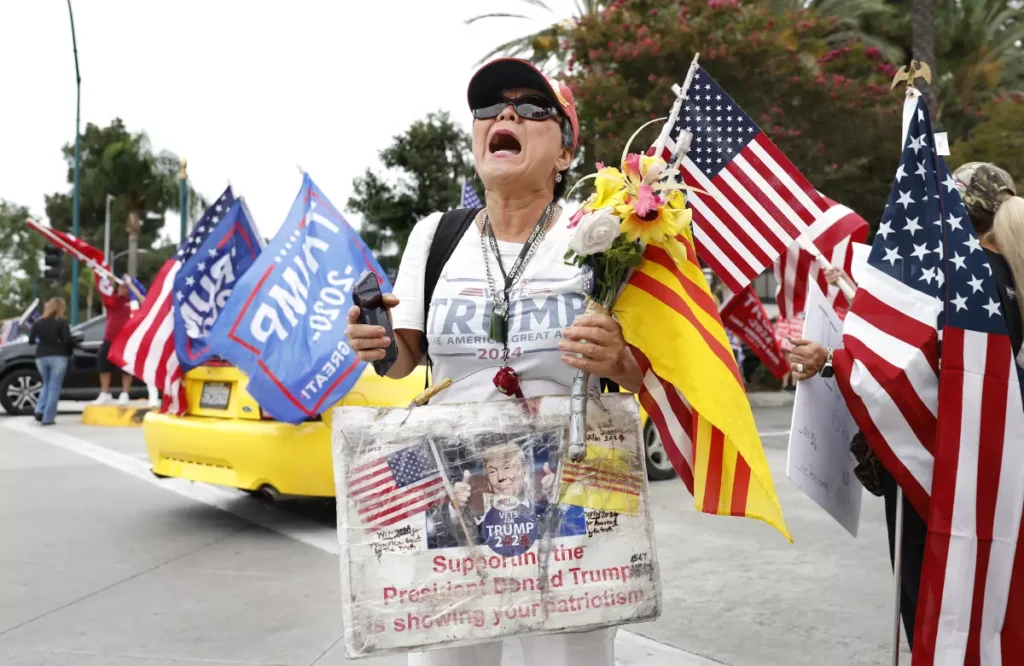
Indeed, provided he stays out of jail, will those legal woes help Trump with his backers, as they play into his victim narrative? They certainly keep him in the headlines.
Voters have an extraordinary ability to overlook flaws in the candidates they pin their emotions on. The passion that MAGA enthusiasts feel for their candidate blinds them to his legal and personal flaws, it seems, and their depth of commitment far exceeds the feelings that Biden generates among his backers. Will such passions, coupled with a mixed bag of economic realities, be enough to put Trump back into office?
Moreover, given the distortions of the Electoral College system, where each vote in a less populous and more socially conservative state counts more heavily than each one in more urbanized states, the coming election is hardly assured for the man whose team can claim a lot of credit for restoring a healthy U.S. economy. It’s no wonder the polls put the contenders pretty close to neck and neck. The coming few months promise a lot more drama and, one hopes, better things for voters in time for November.

